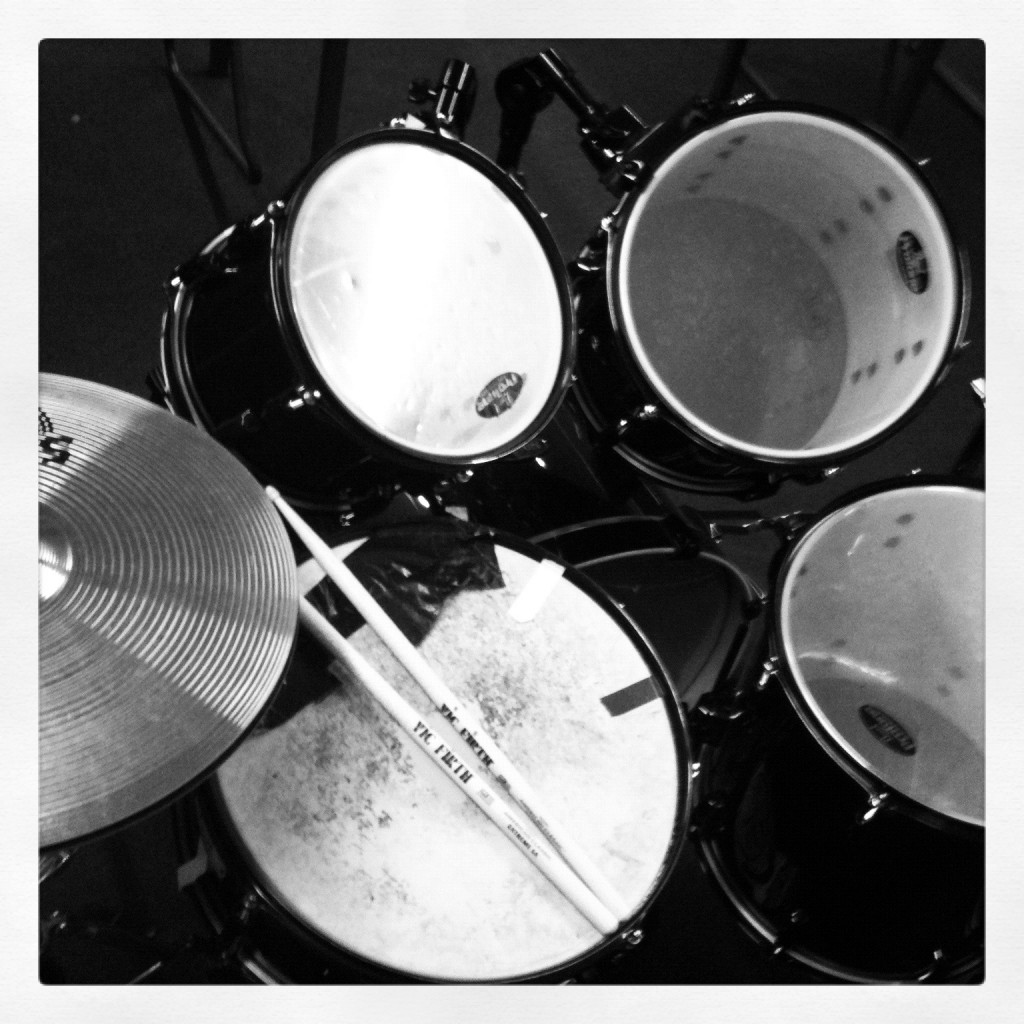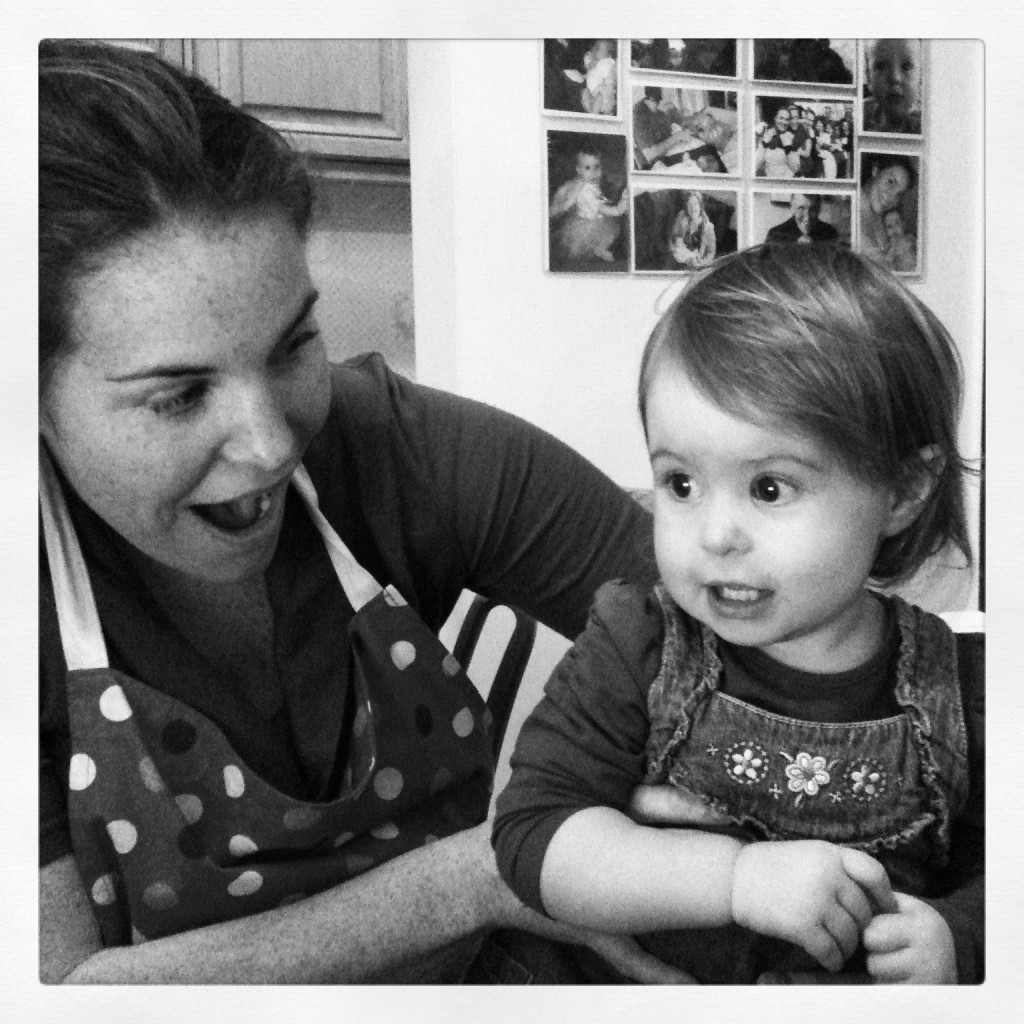Perhaps you’ve watched A Game of Thrones (ace), or read a lot of comics (also ace), and now fancy delving more into the written world of fantasy. Or maybe you love horror but are branching out. Whatever it may be, this blog is your starting point to discovering the wonderful world of fantasy novels. If you think of any other stories I’ve missed, do comment and let us know.
I should point out that all classifications are mine as being the best way I can think of to describe them. Amazon may disagree!
- Magician by Raymond E Feist
This wondrous book begins as a classic tale of one boys’ ascent from average Joe, to magician extraordinaire. His journey underpins the entire novel and gives it resonance and depth. However, where it stands head and shoulders above so many others is in the scope and depth that Feist brings to it. From the humble beginnings the world soon becomes much bigger as a raft of characters are introduced, war begins and aliens invade. The world is beautifully realised, the characters thoroughly likeable and the action thrilling. Feist is also unafraid to take his people to unexpected places. The key relationship between our hero Pug and his best friend Tomas is never simple or comfortable.
I could rave about this for days, but to keep it short, if you want to try some swords and sorcery, epic scale fantasy that won’t tax your brain too much, start here.
Like this? Try: the rest of the series from the same author, known as the Riftwar saga.
- The Elenium by David Eddings
David Eddings is one of the great masters of the quest fantasy. What Tolkien started many, many authors have run with, though few as successfully or just generally as satisfyingly as Eddings.
The three book series that is The Elenium focuses on a Knight called Sparhawk and his travels to save his young and very beautiful queen, who is encased in diamond to keep her alive. Of course, Sparhawk is joined on his voyage by a number of others, all possessing severe likeability (my blog, my words, nur) and suitable heroism. They are wonderfully easy to read and contain enough cynicism to keep them from spilling over into cheese.
So, the short version is, if you like quests and swords and magic and knights, read this.
Like this? Try: Any of Eddings’ other series, the Belgariad, the Mallorean and the Tamuli.
- The Wheel of Time by Robert Jordan
This series lasted for an eye-watering 14 books. Don’t panic, I know, it sounds daunting, but let me explain.
This was a top notch update of the quest fantasy as described above. Taking the, at the time more current approach of throwing some relatively innocent types into the firing line, Jordan did a cracking job of really humanising the action while keeping it exciting. The first three or four books in the series really deliver and are well worth the read.
As to whether to read the entire series, it’s up to you. I would argue that there are enough great books out there that you may not need to feel compelled to churn through the lot, but it’s your call.
In short, innocents in danger, beasties, fights and so forth.
Like this? Try: Well, there are a few more of them to go. Also, the Shannara books, by Terry Brooks
- The First Law trilogy by Joe Abercrombie
You may have noticed by now that fantasy authors don’t like to stop at only one. Call them greedy, whatever, I must admit I rather like it.
Coming bang up to date now, I would describe this as being character driven epic fantasy. It follows multiple characters across different settings, some of whom cross paths, often painfully, but always comes back to the characters. Following the exploits of three fairly unsavoury, yet oddly endearing types, plus a heap of others, the books slowly weave a number of interlocking webs. The overall message? Don’t trust anyone, they’re all out to get you. I would describe them as being a little more mature than the previous books and they’re certainly harder hitting. Be prepared for some fairly unpleasant happenings.
In short, nasty things happening to mostly nasty people, whom you can’t help rooting for, all in a fantastically realised world. With swords.
Like this? Try: Abercrombie has released three other standalone novels all within the same world, which are just as good.
- American Gods by Neil Gaiman
Just the one. No trilogy or series here, no sir. This brings Fantasy into our world, so I think you could call it contemporary fantasy. Telling the tale of one mans’ journey through the America one only sees in Gaiman’s imagination, the book explores mythology both old and new as the ancient gods, dying out as belief in them runs out, must fight the new gods of the modern world. Told through the eyes of ex-convict Shadow, the book is a classic example of Gaimans’ magical ability to infuse every word with mystery and wonder.
In short, very cool, mesmerising and atmospheric, with a cracking concept.
Like this? Try: Anansi boys, also by Neil Gaiman.
- Snow Crash by Neal Stephenson
I’m not sure whether to call this contemporary fantasy or science fiction. It’s very much real worldly, but sometime in the future. I guess I still think that science fiction has to have space somewhere in it, an opinion for which I would probably get laughed at for, but there it is. So, sitting somewhere between the two, Snow crash is a wonderful tale of Avatars with swords, crazy whale hunters and so much more than I can paraphrase here. Based, essentially, around a computer virus, which is a big deal when half of your life is spent in the Metaverse, the successor to the internet, the characters travel around the world in search of the necessary answers.
In short, crazy futuristic fantasy, crammed with ideas and action.
Like this? Try: Maul by Tricia Sullivan
- Good Omens by Terry Pratchett and Neil Gaiman
Based in the real world, this is a wonderful example of contemporary fantasy. Mixing up Pratchett’s absurd humour with Gaiman’s love of legend, the books focus around an angel and demon, best friends and rather attached to their lives on earth. As the time of reckoning approaches, they, along with an assortment of others attempt to find the Antichrist, prophesied to bring about the end of days. It’s great fun and a wonderful introduction to both authors.
In short, hilarious, poignant and a little silly.
Like this? Try: Anything by either author (see above and below). Also, Robert Rankin
- Colour of Magic by Terry Pratchett
The Discworld series is, to my mind, one of the greatest fantasy creations of modern times. Behind the humour and impressively human characters, lies a brilliantly conceived world, complete in every way. Having created this amazing place, Pratchett takes great pleasure in this, the first of many books in the series, in throwing his luckless hero Rincewind from one side of it to the other. Rincewind, the eternal pessimist and (anti)hero of the book spends his time stumbling from one life threatening situation to the next, spurred on by the most positive tourist the Discworld has ever seen.
In short, lots of running, screaming and complaining and about a thousand times more funny than that makes it sound.
Like This? Try: There are 39 Discworld novels out there, what’s keeping you?
- Legend by David Gemmell
The late David Gemmell was a master of what I would describe as Heroic Fiction. Although his heroes are often unwilling, they posses the morals that we should demand of our muscley fighty types. In Legend, his hero is an old man, past his fighting prime, apparently. Of course, he still manages to defend a castle single handedly whilst being really cool and really, really hard. Gemmell succeeds so well in this because although the plot isn’t the deepest, the characters are just great, and you cannot help but root for them every time.
In short, heroes with swords and axes fighting and being heroic, but not cheesy. A difficult balance to strike.
Like this? Try: Waylander, the King Beyond the Gate and assorted others, all by Gemmell.



